#IWASTHERE
Shadia is engineering change in her homeland
Somaliland’s first female electrical engineer is a role model for other young women wanting to help in the country’s development.
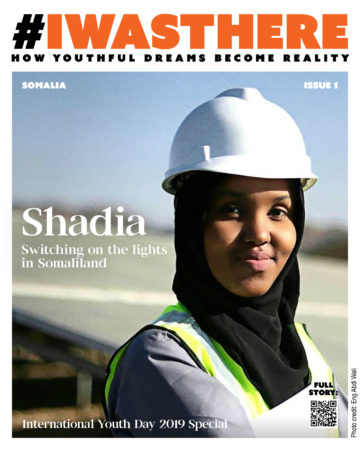
Shadia dreamed that her family household in Somaliland (1) would have cheap and high-quality electricity. Against considerable odds, and only after long years of struggle and training, the lights are now on in her home.
A struggle from the start
Born in Hargeisa in 1994, Shadia began challenging expectations early, through education. Her schooling journey started at Guryo-Samo Primary School, but was cut short by civil war, forcing her to flee the country with her family and find safe haven in Ethiopia. The moment the civil war was brought to a halt, the family returned home and Shadia resumed her schooling at the same school. She did well, achieving high grades all the way through, and she secured a place at university.
Having the spark to keep going
The university was quite a different world for Shadia. She faced unforeseen challenges from her community, particularly when she decided to join the electrical engineering school. People thought that electrical engineering belonged to men, and that women should study ‘soft’ courses, like management. But Shadia showed singular determination: “Unlike others, I had no role models to emulate,” she says. “I lived with the reality that there were no other female engineers in my country.”
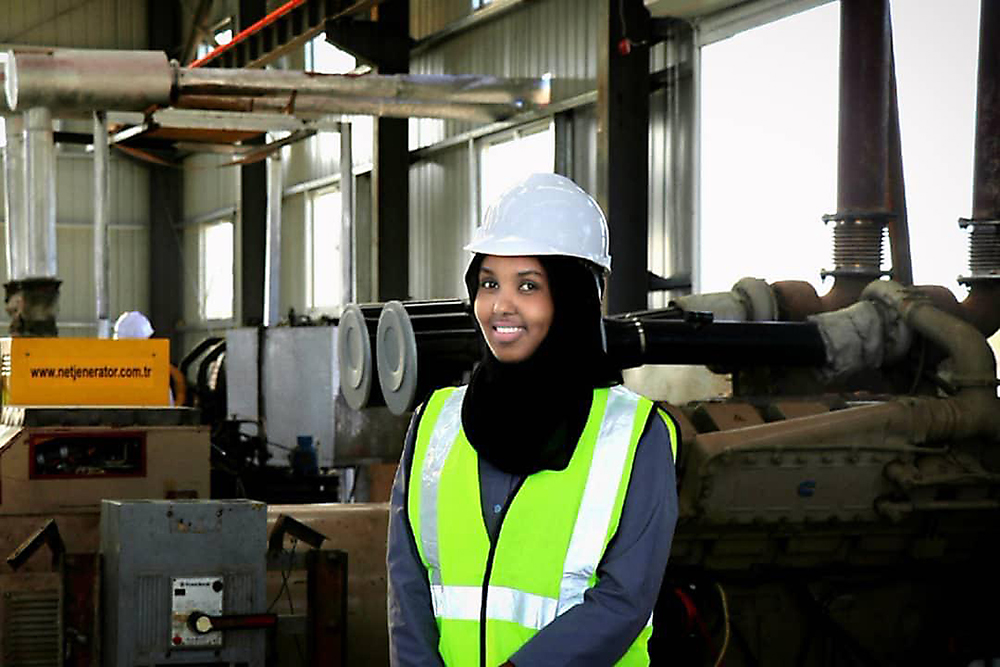
A time to celebrate
Although her neighbours and extended family did not believe that Shadia would succeed with her studies, she believed in herself, and soldiered on. Shadia was passionate about Maths and Physics, and did not find any difficulty in completing her degree. Finally, she appeared in front of the guests during the graduation ceremony as the first and only female who had studied Electrical Engineering in Somaliland’s recent history, and with first class honors!
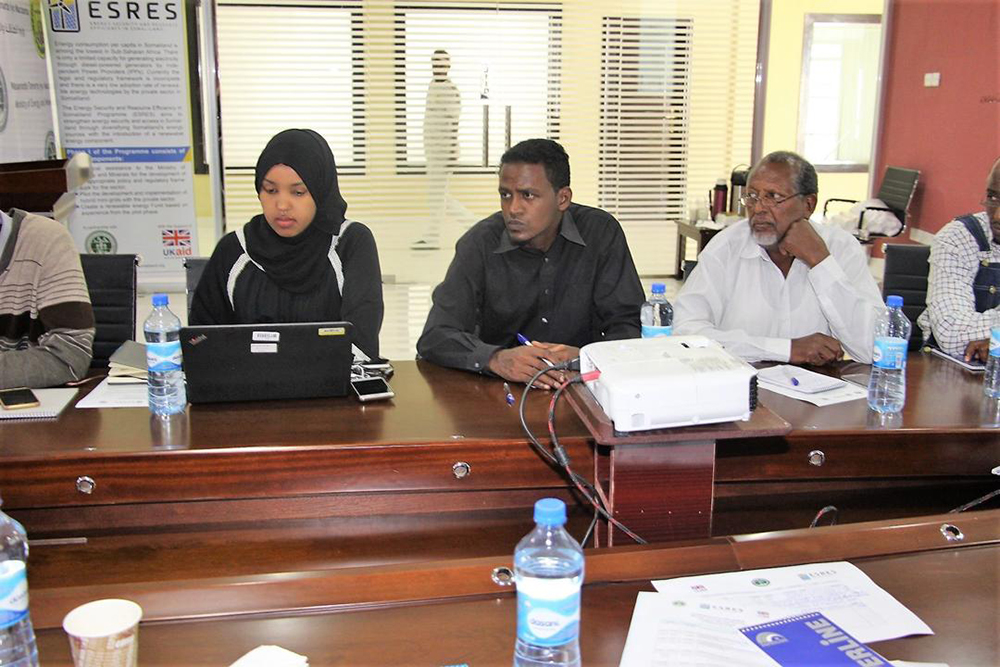
Trained up but nowhere to go
Shadia now proudly talks about her struggles, while sitting under a tree, overlooking the family home where she connected the electricity. They no longer have the worry of being ‘cut off'. But even after graduation it was not easy for Shadia to gain the practical experience she needed to become an Electrical Engineer. Local companies were reluctant to provide internship opportunities for her and Shadia began to lose heart: "I doubted myself if I will ever graduate and get a job within electrical engineering," she said.
Finding inspiration and support
Shadia's mother was the greatest inspiration; she believed in her daughter and left no stone unturned until she had made her dream partly come true. With support from her lecturer Engineer Liibaan Mohamoud from the Gollis University, she realized she could explore great heights in her engineering career.
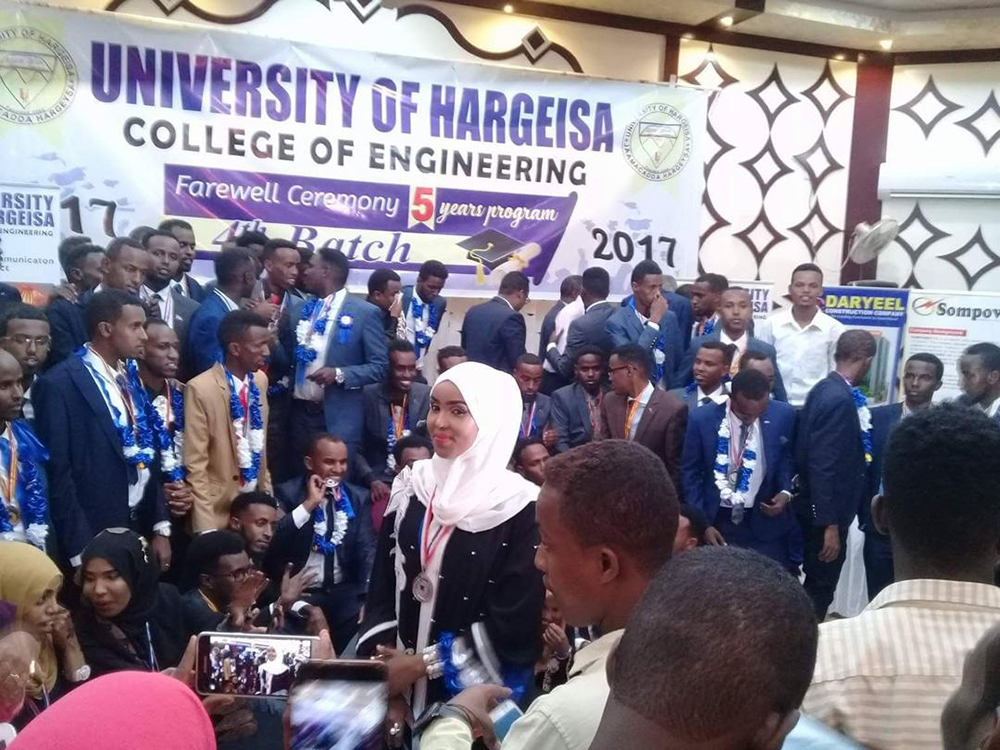
Living the dream
Shadia has finally come closer to her long-time dream of providing cheap electricity not just for her family, but also for her local people. She currently works for the US Agency for International Development as an energy specialist helping local people to get clean and cheap energy. And Shadia is keen to be the role model for others that she didn’t have: “Seeing another woman in my profession is a big dream for me,” she says. “It is not a difficult job for a woman, and there is no particular skills set for men!”
Shadia wishes for Somaliland youth to be resilient in achieving their dreams. No dream, she believes, is too big to have. “Fear is not part of my life. I conquer the fear itself,” she proudly remarks.
Shadia’s story is part of the multiyear campaign, kicked off on International Youth Day 2019 by the Empower Youth for Work program and the Work in Progress! alliance. The campaign aims to support the national influencing work of the respective programs by joining forces with local role models. The ripples of #Iwasthere are spreading out around the world and these stories are proof that change can happen anywhere – we hope they will inspire you, too, to become an active citizen.
1 Somaliland is a self-declared-state, internationally recognized as a part of Somalia.
Why these stories?
There are more young people today than ever before in the history of the world; 1.8 billion people between the ages of 10 and 24 worldwide, and 90% of them live in low-income countries. . Harnessing the energy and strength of young women and men to become active citizens is core to Oxfam's goal of transformational change.
With their energy, skills and creativity, young people have the potential to be the driving force for social change, strong economies and vibrant democracies.
Oxfam is working jointly with youth to challenge barriers that prevent them from
Enjoying their rights
Participating fully in society
Being an effective voice in decision-making processes
How youthful dreams become reality.
These stories are proof that change can happen anywhere -
to inspire you to become an active citizen.
- Bangladesh
- Ethiopia
- Indonesia
- Italy
- Nigeria
- Pakistan
- Peru
- Somalia
- The Netherlands
-
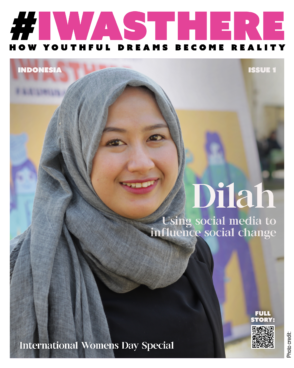
Dilah
“Development is more than just economy or infrastructure, it’s all about humans.”
-

Pakeeza
“As activists, we have to be patient. Without patience we can’t do anything, we just struggle.”
-
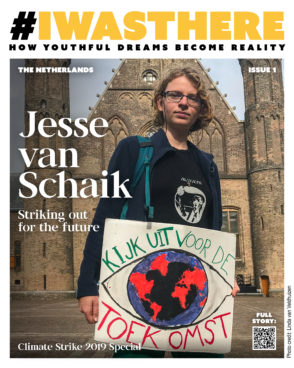
Jesse van Schaik
“I hope other people think ‘if she can do it, then I can do it, and then it won’t be that hard.’”
-

Chioma Ukonu
“Youths must work every day to be the change they want to see.”
-
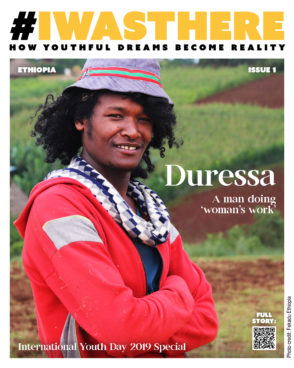
Duressa
“The only thing that I cannot do, is child bearing and breast feeding. This is not naturally gifted to men!”
-

Daphne Rozenburg
“My goal was to capture the essence of the vital advocacy work that goes on within powerful institutions. But in a light and approachable way.”
-

Milagros
“We are young, we are prepared. We have many things to do.”
-

Muzamil Ali
“The biggest challenge wasn’t informing them about modern farming techniques but persuading them to abandon outdated methods”
-

Nasrin
“Work is never defined for men and women, it is us who creates this differentiation. There are lots of people in rural areas who are not getting enough medical support, I want to do something more for their advancement by engaging the youth of our community.”
-
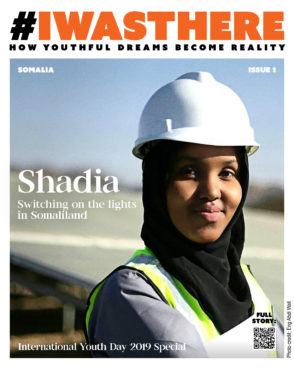
Shadia
“Fear is not part of my life. I conquer the fear itself.”
-

Opeyemi Agbaje
“I did not have any computer knowledge prior to this time; I only used computers for watching movies!”
-
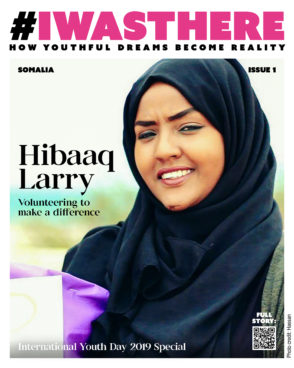
Hibaaq Larry
“We should create an environment where people can support one another and raise local funds together to buy clothes and food for poor children and mothers.”
-

Mr. Ajebo
“Work ethics and character are equally important as you cannot earn a living out of talent alone.”
-
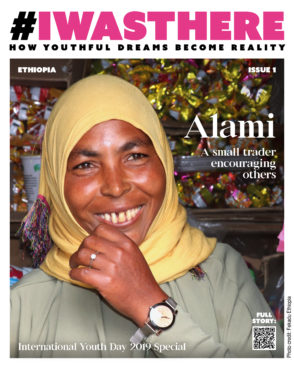
Alami
“I believe young women have the capacity to change their lives if they are provided with a safe environment and support from their family, community, and government.”
-

Alisha Khan
“Once we overcame our initial hurdles, we felt confident about managing more events, and soon established a good reputation in the city.”
-

Yetunde Odusoga
“Even if a person supports you and teaches you how to do a thing, without passion on your part, it’s a ‘NO’!”
-
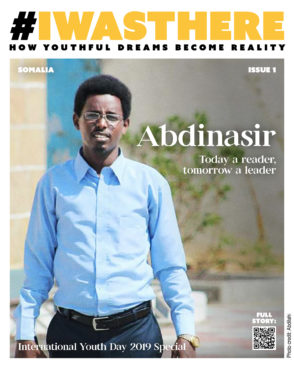
Abdinasir
“Without a book on my lap every day, I don’t know where I would have reached today. One day I will realize my dream of bringing all Sahil people into the library.”
-
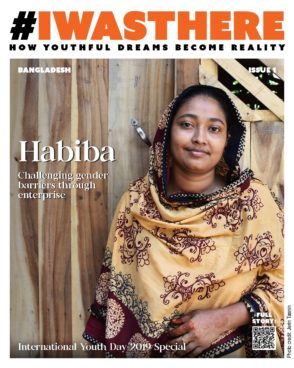
Habiba
Habiba believes that other women and girls will be inspired by seeing her at work.
-
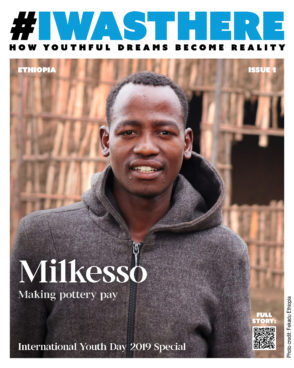
Milkesso
“Seeing my success, many people are now convinced it’s OK to assist women.”
-
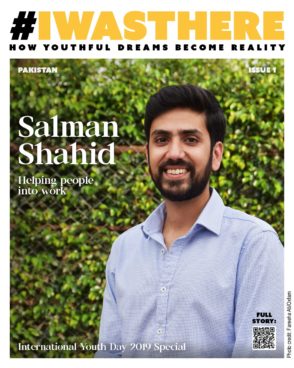
Salman Shahid
“We aim, one day, to scale up our start-up to a national level”
-
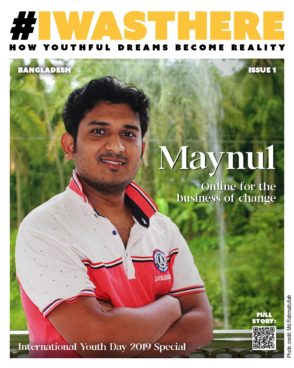
Maynul
He started working from home to save money, providing computer support to the community, especially women.
-

Mehvish Arifeen
“The beauty parlour industry is exploitative, and because women workers lack awareness about their rights, they pose little to no resistance to unfair work policies.”
-
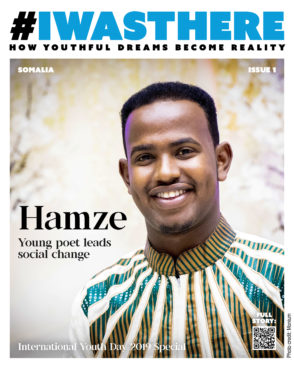
Hamze
“Poetry is art and expression, and has been in my blood since my childhood. If you want people to develop their country, young people are the starting point – they have the drive and stamina to pioneer changes”
-
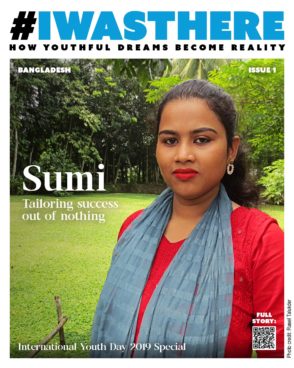
Sumi
To ensure the continued success of her business, she keeps up with the latest fashion trends online, adjusting them for the cultural and religious tastes of her clients.